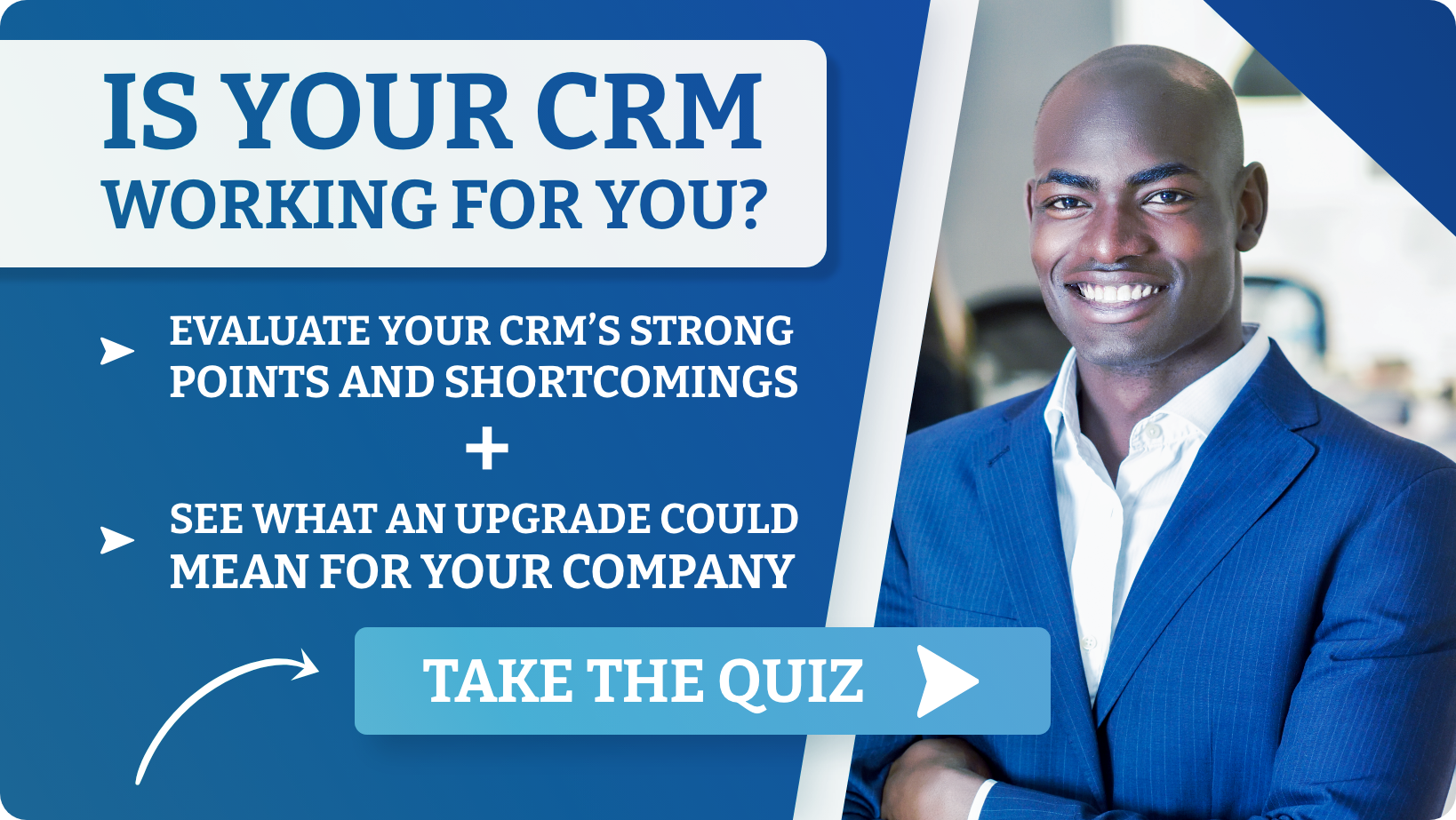Experience firsthand how Mind & Metrics + Supered.io can help your business streamline execution, eliminate unnecessary back-and-forth, and ensure AI accelerates growth—without the chaos.
How Integrated CRM Software Can Optimize Your RevOps Approach
In the hyper-competitive world of digital marketing, companies need to provide remarkable, highly personalized experiences to their customers in order to keep them engaged. For digital personalization to be effective or even possible, your customer-oriented teams must all have access to organized, real-time customer data and analytics. This requires agile, integrated Customer Relationship Management, or CRM tools.
We don’t need to tell you that revenue growth is essential to running a business, and that all teams should be a part of driving that process. You’re especially attuned to the necessity of uniting your revenue-focused - i.e., sales, marketing, and customer service - teams under the goal of increasing revenue if your company has implemented a Revenue Operations, or RevOps approach. And you can’t drive growth without constructing a seamless buyer’s journey for your customers.
Using the right CRM tool is now more important than ever, since the COVID-19 pandemic necessitated a transition to remote work. Effective digital tools will align the customer insights your revenue-focused teams have access to, even if everyone is working from a different place. With an integrated CRM at their disposal, each member of the team can work towards personalizing their interactions with customers, therefore creating more “delight” moments and ultimately driving your revenue growth.
How can the right CRM software remove friction within your buyer’s journey and drive growth for your business? Let’s dive in.
First of All, What is RevOps?
Revenue Operations, or RevOps, is a business strategy that aims to maximize a business’s earning potential. This is accomplished by driving full-funnel accountability; in other words, uniting all teams that influence the structure of the sales funnel - marketing, sales, and customer service - under the same goal, and holding each team member accountable for making progress towards that goal. That goal, of course, is generating revenue.
Growing your revenue entails streamlining the buyer’s journey and creating personalized experiences for customers. In order for employees associated with the funnel to be able to understand what is and is not working for your customers, they need to have the relevant data available to them. This is where CRM software comes in.
The Role of CRM Software
CRM tools provide insight into the relationships your company has with its customers. They can tell you which marketing tactics work for generating leads (and which don’t), and give you an overview of your history with all of your customers; everything from their purchase history to conversations with customer service.
CRM systems consolidate all customer information and help you understand your lead pipeline, so you can create highly targeted lead nurture campaigns, accomplish more accurate forecasting for sales, and more easily resolve customer service issues. Having a record of customer information helps your team deliver more personalized experiences, since they will be able to analyze what content any particular customer is engaging with and what channels they prefer to be contacted on, and work with them to quickly resolve any issues or hindrances.
For example, let’s say a customer has reached out multiple times, through multiple channels, about a problem they’re having with your product or service. They first interacted with your site’s chatbot, and thought they had resolved their issue, but have now found their problem is persistent, or they have additional questions. So they send a message to your company’s Facebook page.
Since CRM systems keep a record of all conversations that occur between your customers and your customer-facing employees (and chatbots), a customer service rep can get in contact with that customer already understanding their issue and ready to help. The customer will feel cared for if the rep already understands their problem, and will undoubtedly be happy that they don’t have to explain their entire situation all over again. Keeping track of customer interactions shows your company is attentive to the needs of their customers and proactive about helping them. This is that personal touch that is so crucial for delighting your customers.
CRMs also give you the ability to see when a qualified lead visits a pricing or service page on your website. If they leave one of those pages and don’t contact you afterwards, you can reach out to set up a call with them. This is a potential way to delight your customers by providing prompt and personalized service, and can help pave the way to more purchases or upgrades from qualified leads.
How CRM-Driven Marketing Can Optimize RevOps
All this being said, CRM tools don’t always offer an easily accessible snapshot of your customers. This is most often the case when you use multiple different tools for CRM functionality, or if your CRM is separate from your marketing tools. If your customer data is spread out amongst a few systems, the data can become disorganized and “dirty”. For example, if your engagement metrics are stored separately from the system you use to create marketing campaigns, you’ll likely have a more difficult time measuring campaign performance and providing personalized customer experiences.
The solution? A CRM system such as HubSpot that is integrated with your suite of marketing features. With all your data and analytics in one place, you can get a clear snapshot of your leads and prospects, and align all of your customer-oriented teams around a single source of truth. This cross-team alignment is what RevOps is all about. Improving efficiency across the company and breaking down silos between departments creates an environment of collaboration and productivity, and fosters a company culture centered around driving growth.
An integrated CRM system also allows you to monitor certain metrics related to revenue, such as win rates and pipeline velocity, so you can have a better idea of how your revenue operations are coming along. The performance of these metrics also illustrates your customer satisfaction, and whether there are any barriers to conversion.
How Does Your CRM Stack Up?
CRM systems, at their best, enable your customer-focused teams to implement highly targeted marketing campaigns and provide customer service that exceeds expectations. Does yours?
Want to see how your CRM stacks up in comparison to other systems? Take our quiz and find out!

